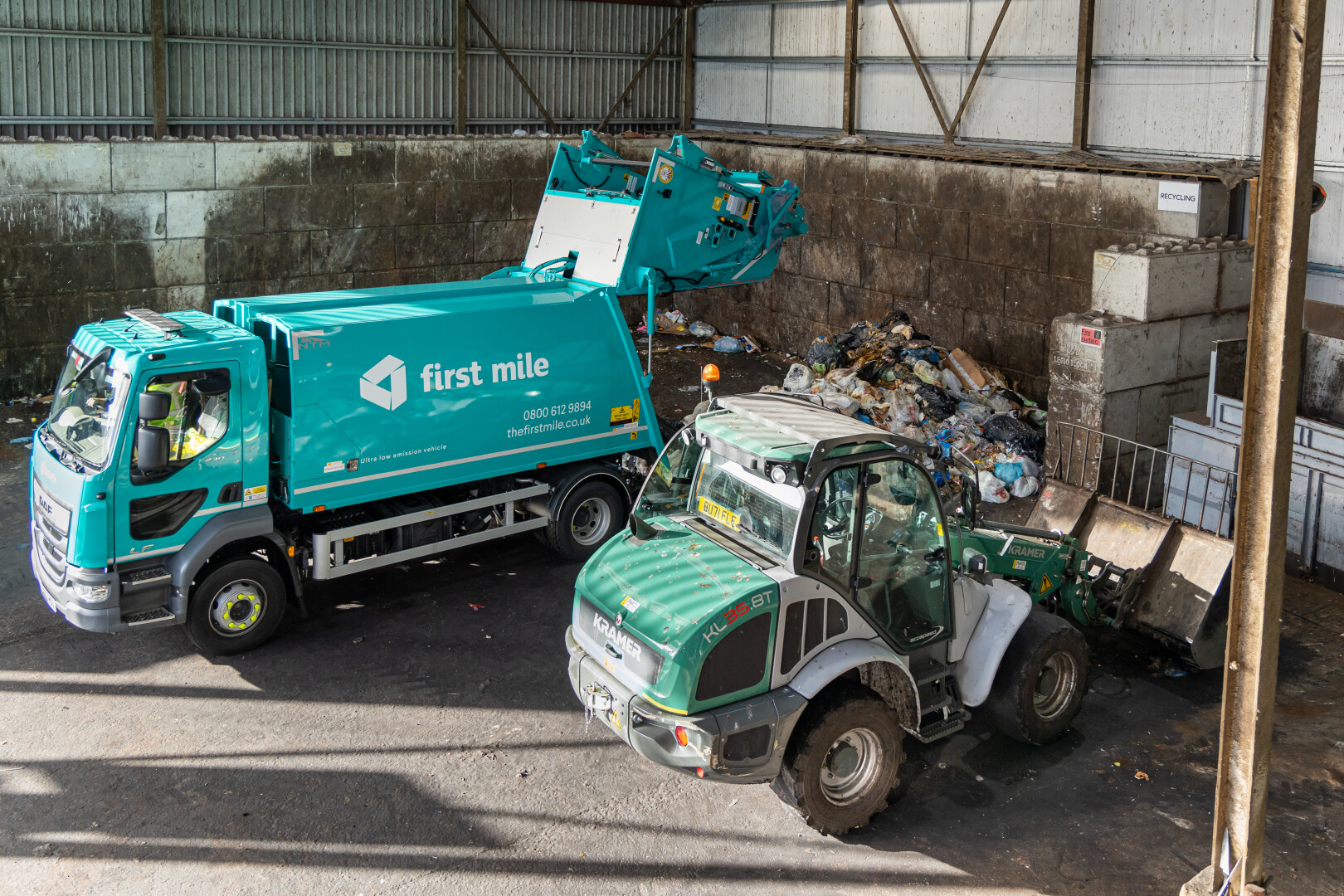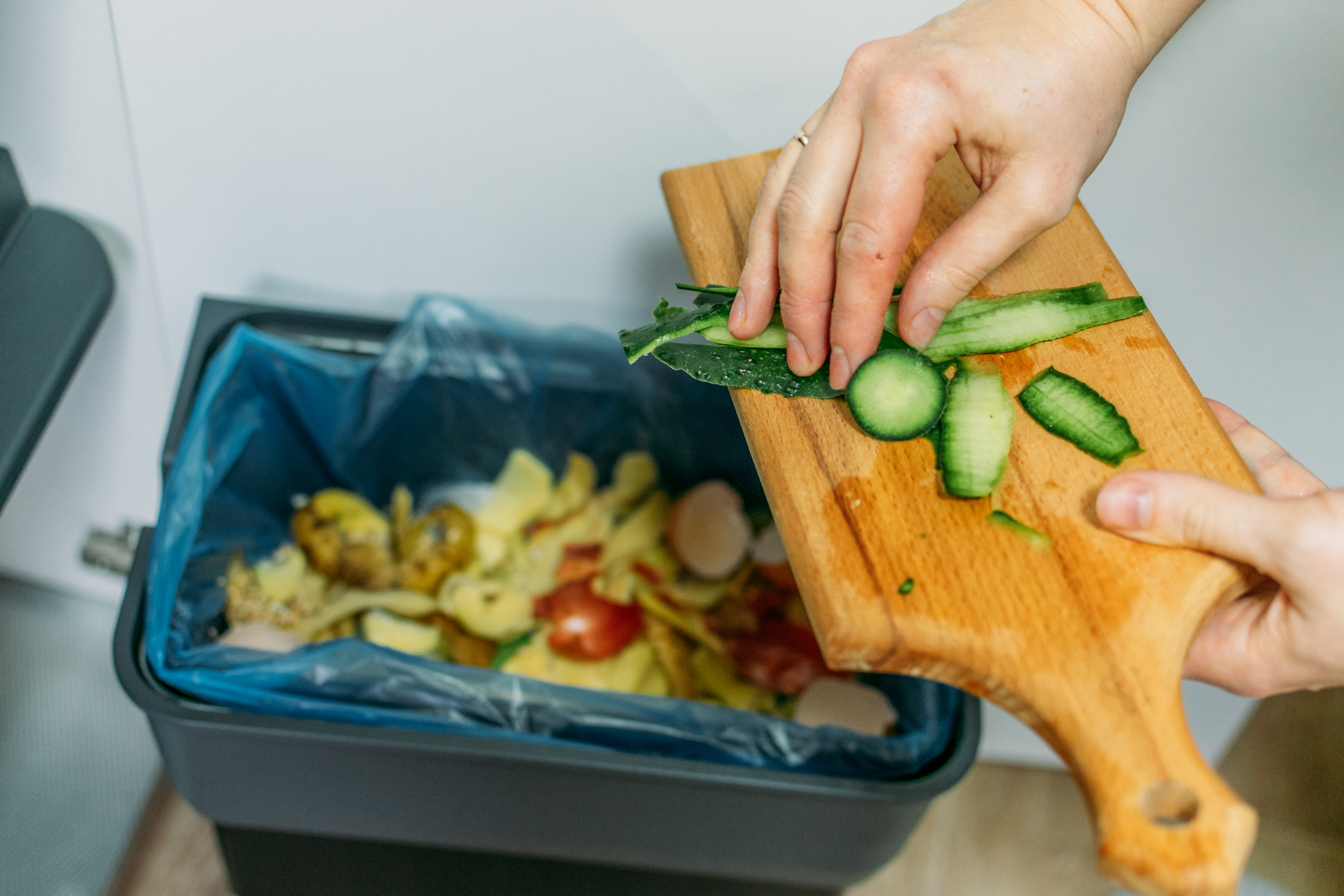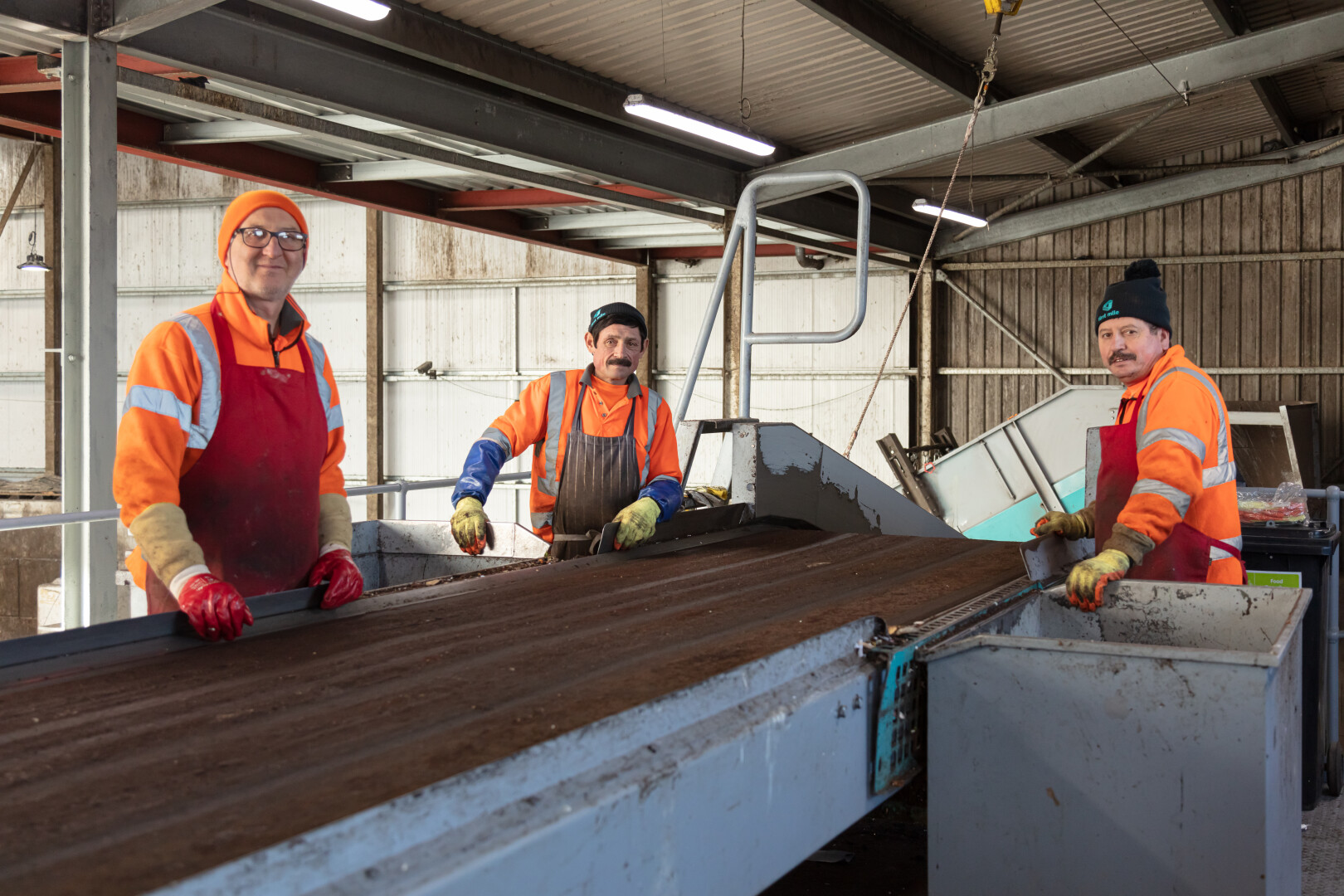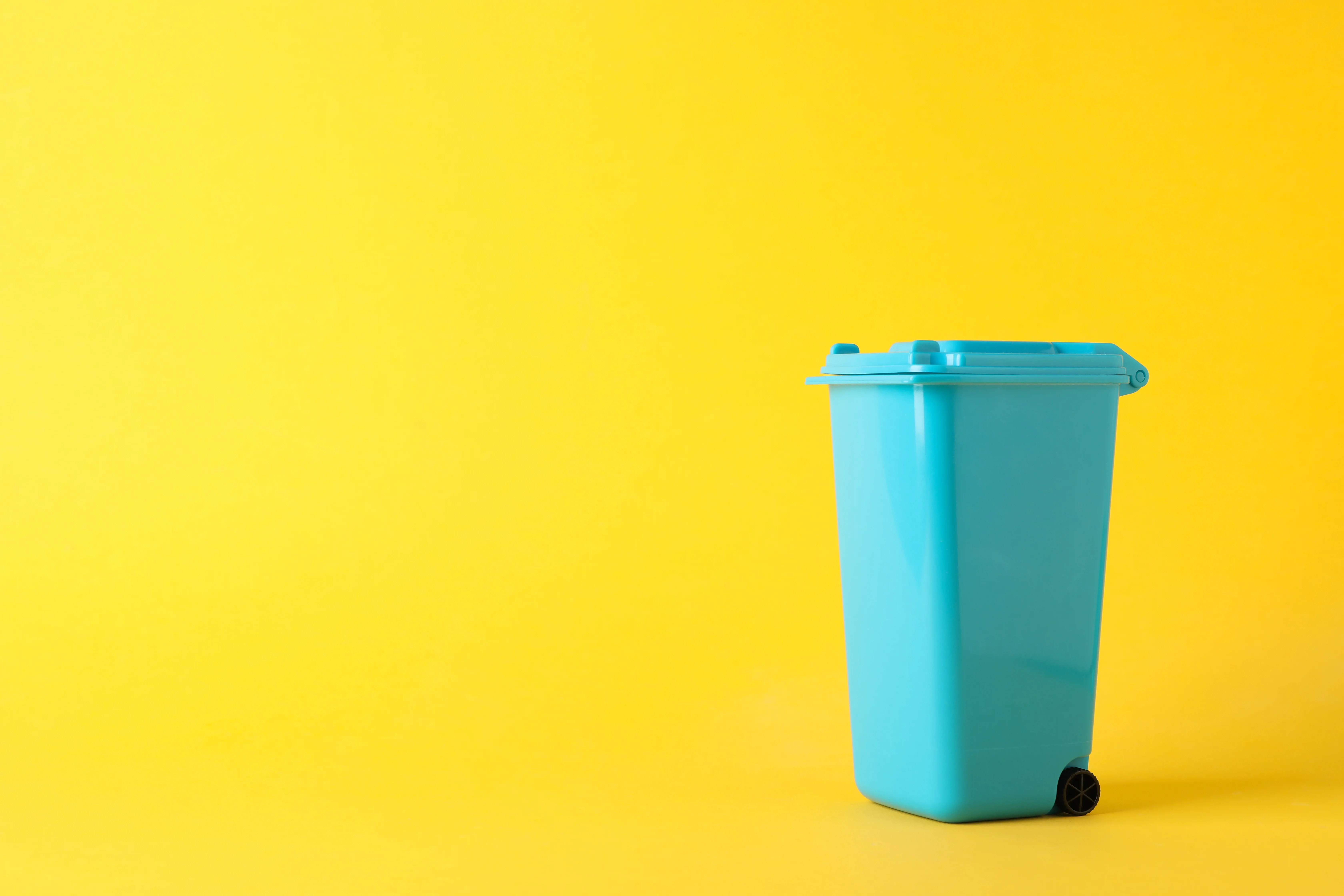The Department for Environment, Food & Rural Affairs (DEFRA) has recently unveiled a groundbreaking set of reforms aimed at transforming the waste management landscape in England.
Why are the new Simpler Recycling reforms important?
The reforms aim to streamline recycling streams, decrease landfill waste, and combat illegal waste activities, creating a more sustainable and environmentally conscious society through better recycling.
There has been a substantial increase in the overall recycling rate in the UK which was just 17% in 2008. Since then, this number has increased to around 44%, however recycling rates have plateaued in the last few years and show signs of going backwards.
To support households and businesses to recycle effectively, more needs to be done to make recycling and waste collections simpler and standardised across the whole country.
What do the Simpler Recycling reforms mean for businesses?
All businesses and non-household municipal premises such as schools and hospitals will have to make the same arrangements as households to recycle. This includes a legal requirement to separate recycling streams for food waste.
Business bin collections will now require at least a Mixed Recycling and Food Recycling bin as they must recycle food waste, glass, metal, plastic and cardboard.
The changes are coming in to effect earlier for businesses than for households, in March 2025.
How should businesses prepare for the upcoming changes?

Businesses in the UK can prepare for the changes by setting up separate recycling streams for for Mixed Recycling and Food Recycling collections and working with a trusted waste partner.
First Mile customers are already saving money and recycling more through setting up a dedicated Food Recycling stream, and we can help all of our customers introduce food recycling at their business.
It not only helps them cut their recycling costs, but also helps them to achieve their sustainability goals as they know none of their waste is sent to landfill.
First Mile recycling for businesses
Over 30,000 customers choose First Mile as their waste collectors because of our range of reliable, flexible recycling and waste collections.
As well as one-off single-stream collections for hard-to-recycle items such as Coffee Cups, Hard and Soft Plastics, Cartons and more, so no matter what industry, we have a stream to help you recycle more.
For large quantities of waste, we offer same day, zero-to-landfill bulky waste clearances for businesses, households, and construction. Once your bulky waste is collected by our fully licensed and insured team, you'll also receive a waste transfer note detailing exactly how your waste is recycled and disposed of.
Click here to get a quote today.
What do the Simpler Recycling reforms mean for households?
Local authorities are currently able to set the rules on what can and can't be recycled by borough or region. This means that not all households and businesses are able to recycle the same materials such as food waste and glass in their main waste streams. This impacts recycling rates in different areas, and causes confusion that decreases the effectiveness of recycling and can increase contamination.
The proposed changes will improve this and offer more standardised recycling and waste collections across the country that will include:
1.) Weekly food waste collections

One of the biggest changes suggested is the introduction of weekly food waste collections for the majority of households in England by 2026.
The weekly collections are designed to make it easier for households to manage food waste disposal, subsequently reducing the amount of food that ends up in landfills and avoiding the methane emissions produced by decomposing food waste.
Given that food waste represents the largest contaminator of household recycling bins in England, these waste reforms are anticipated to significantly elevate recycling rates across the nation.
2.) Every local authority will collect the same 'core recycling' materials
Alongside food waste collections, local authorities will also collect the same recyclable materials under the Simpler Recycling guidelines. These include glass, metal, plastic, paper, card and garden waste if required - however local authorities can continue to choose to charge for garden waste collections.
Flexible plastics, such as plastic film will also be collected in the plastic waste stream so traditionally 'hard-to-recycle' items such as food packaging will become easier to recycle.
3.) Core recyclable materials can all go into the same bin
From 2026 residents will be able to collect all the accepted dry recyclable materials in the same bin, whilst collecting organic waste waste in another, reducing the number of recycling collections needed and creating unambiguous recycling instructions.
4.) Bi-weekly general waste collections
The Simpler Recycling reforms will also ensure residual waste (general waste) is collected fortnightly, alongside the weekly food waste collection and recycling collection.
5.) A crackdown on fly-tipping and unlawful waste disposal
In addition to simplifying recycling, the government is intensifying efforts to curb illegal waste operations. Unscrupulous waste carriers often engage in illegal practices and waste crime, such as fly-tipping, causing significant harm to the environment and local communities.
Stricter measures to inhibit the activities of these rogue operators are part of the government's strategy to safeguard the environment and communities. Cracking down on illegal waste activities is likely to reduce fly-tipping, improving local areas for residents.
At First Mile we have a zero-to-landfill guarantee, with clear, transparent end destinations so customers know exactly what happens to their waste once it's been collected. We're committed to uphold our 'Love the Environment' company value, becoming the first in the waste management industry to achieve B Corp Certification.
The B Corp process is extremely rigorous that delves into every area of the business, involving over 300 questions to assess government, community, our customers and the environment. You can read more about our B Corp certification here.
What are the recycling reform key dates?
The three main changes are set to be the following.
-
31st March 2025 - Core recycling must be collected from businesses, this includes a separate stream for Food Recycling
-
31st March 2026 - Local authorities must implement standardised core recycling collections, including weekly Food Recycling for households.
-
31st March 2027 - Plastic film will be included as part of the plastic waste stream
Progress Towards a More Sustainable Future with Simpler Recycling

The government's comprehensive waste system reform plans represent a significant leap towards a greener, more sustainable future.
These reforms hold the promise of facilitating easier recycling practices, reducing the quantity of waste destined for landfills, and combating illegal waste activities, all vital for environmental preservation.
The success of these reforms hinges on close monitoring and careful implementation, ensuring a positive impact on waste management practices in England.
If you want to ensure your business is ready for the new recycling reforms, get in touch with us today and one of our recycling experts will be in touch with a solution tailored to your business's needs.


